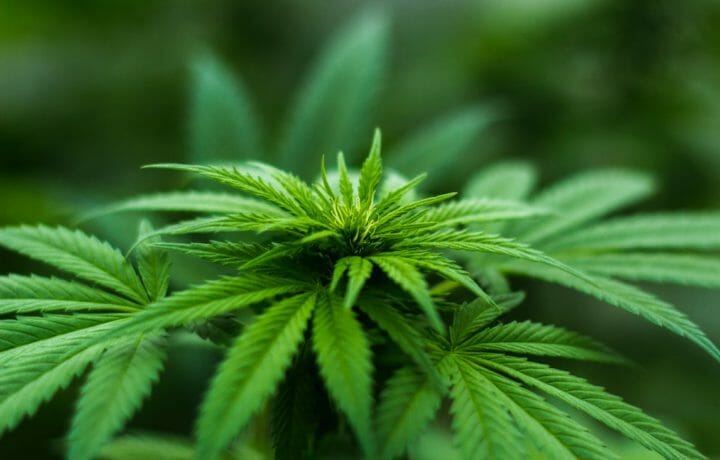Earlier this month, the House of Representatives approved federal legislation focused on legalizing marijuana. The Marijuana Opportunity Reinvestment and Expungement (MORE) Act would take marijuana off the Controlled Substance Act list, thereby eliminating criminal penalties for the manufacturing, distributing, or possessing of marijuana. While the bill made it through the House, it is unlikely to make it through the Senate. If the bill is not signed into law by the time Congress reconvenes on January 3, 2021, it must be reintroduced.
Mixed Pot of Opinions
While some have long been advocates of this federal change to decriminalize marijuana, others are not so sure. “It’s an unserious bill that was voted on in an unserious manner and we rest easily knowing there is zero interest in moving this bill in the Senate and zero interest in supporting it in either the current administration or the incoming one,” Kevin Sabet, president and co-founder of Smart Approaches to Marijuana.
While lawmakers’ eyes are on decriminalizing what many consider minor drug use infractions and expunging current criminal records, it will take time for any changes to trickle down to actually change adjudicative guidelines. At this point, votes like this signal a message rather than an actual change. Time will tell how far that message goes. Even if the bill made it through both the House and the Senate, it seems presidential preference has always been to leave the decision to legalize marijuana to the states. The presidential transition team indicates that the White House wants to adjust marijuana to a Schedule 2 drug. With five more states voting on marijuana this past fall, the country is now up to 15 states with legalized recreational use and 36 states with legalized medicinal use. More states have plans to follow suit.
Guideline H Has the Final Say for Clearance Holders
According to security clearance attorney, Sean Bigley, “Though approved by the U.S. House of Representatives, the ‘MORE’ Act is largely symbolic. It stands little to no chance of passing the Senate in the current legislative session, and its prospects remain dim even next term if reintroduced. The bottom line for clearance holders is that the ‘MORE’ Act changes nothing. Efforts to legalize marijuana at the federal level may ultimately prevail, but for now at least marijuana remains an illegal controlled substance under federal law and clearance holders who use it or become involved with it in any way risk losing their career.”
However, for clearance holders, federal law and adjudicative guidelines dictate what’s allowable behavior, so until both guidelines and federal law change, the rules for clearance holders stay the same. While state laws may change, federal law is currently at a standstill with this issue.
Clearance holders should take note that even when state laws change on medicinal or recreational marijuana usage, their clearance can still be revoked if they’re found to be using. California resident, James Schweitzer lost his clearance due to ongoing medicinal marijuana usage. That arrest set off an emotional collapse for Schweitzer, who kept his job for a bit, along with a vendetta to get back at both his employer and the federal government. He was arrested by the FBI earlier this month – not for his marijuana habit, but rather for sharing classified information in his attempt to be heard. Years earlier, before the Defense Office of Hearings and Appeals (DOHA), he was advised to discontinue his marijuana usage in order to have his clearance reinstated. He chose another route.
Whether you agree with the federal government’s stance on marijuana or not, it’s clear that security clearance holders need to choose one or the other – a cleared job, or a marijuana habit.




